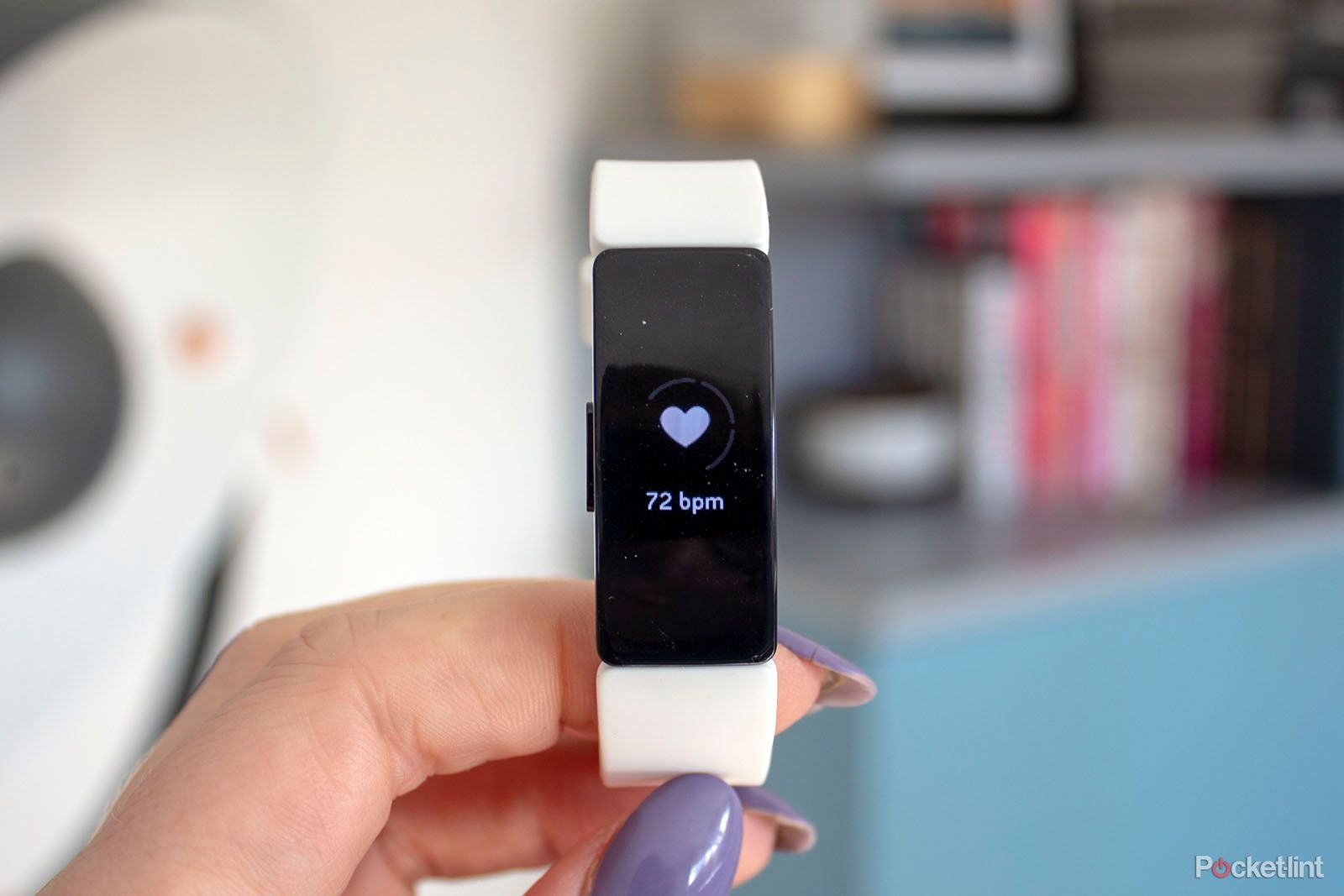Fitbit has received clearance from the FDA for an algorithm that aims to check for signs of atrial fibrillation (AFib) in the background.
Currently, a Fitbit tracker is only able to scan for an irregular heart rhythm when a user decides to check. However, this approval from the FDA - detailed in a blog post from parent company Google - allows this to broaden to more passive checks.
It follows the Fitbit Heart Study in 2020, which took place over five months and tested the algorithm on a mass scale with over 450,000 participants.
That study managed to help flag around 5,000 users, of which around 1,000 followed up on the notification and around a third of that group had a diagnosis of AFib confirmed.
Through data presented at the 2021 American Heart Association Scientific Sessions, Fitbit also indicates that its PPG detections correctly identified AFib episodes 98% of the time (with these initial signs later confirmed by ECG patch monitors). For reference, a similar-sized study from Apple and Stanford University related to AFib found that the Apple Watch had a positive predictive value of 84%.
So, why is passive monitoring so important in trying to help diagnose AFib?
Well, as Google and Fitbit outline in the blog post, the condition can be sporadic, with episodes coming and going often without symptoms. As a result, the optimal way to screen for it using heart rate tracking tech is when the body is still or at rest. Allowing checks to run in the background, then, allows a Fitbit device to do so during sleep, rather than just if a user wanted to do so during waking hours.
With atrial fibrillation linked to a higher risk of stroke and heart failure, Fitbit's hope with this latest algorithm is to help increase the number of cases that would otherwise go unnoticed.
The company says that the PPG-based algorithm and associated Irregular Heart Rhythm Notifications will soon be available to users in the US, though there's no concrete timeline laid out - or, indeed, any reference to whether success with the FDA is the precursor to similar approval in other regions.
We'll update this story when we know more.

